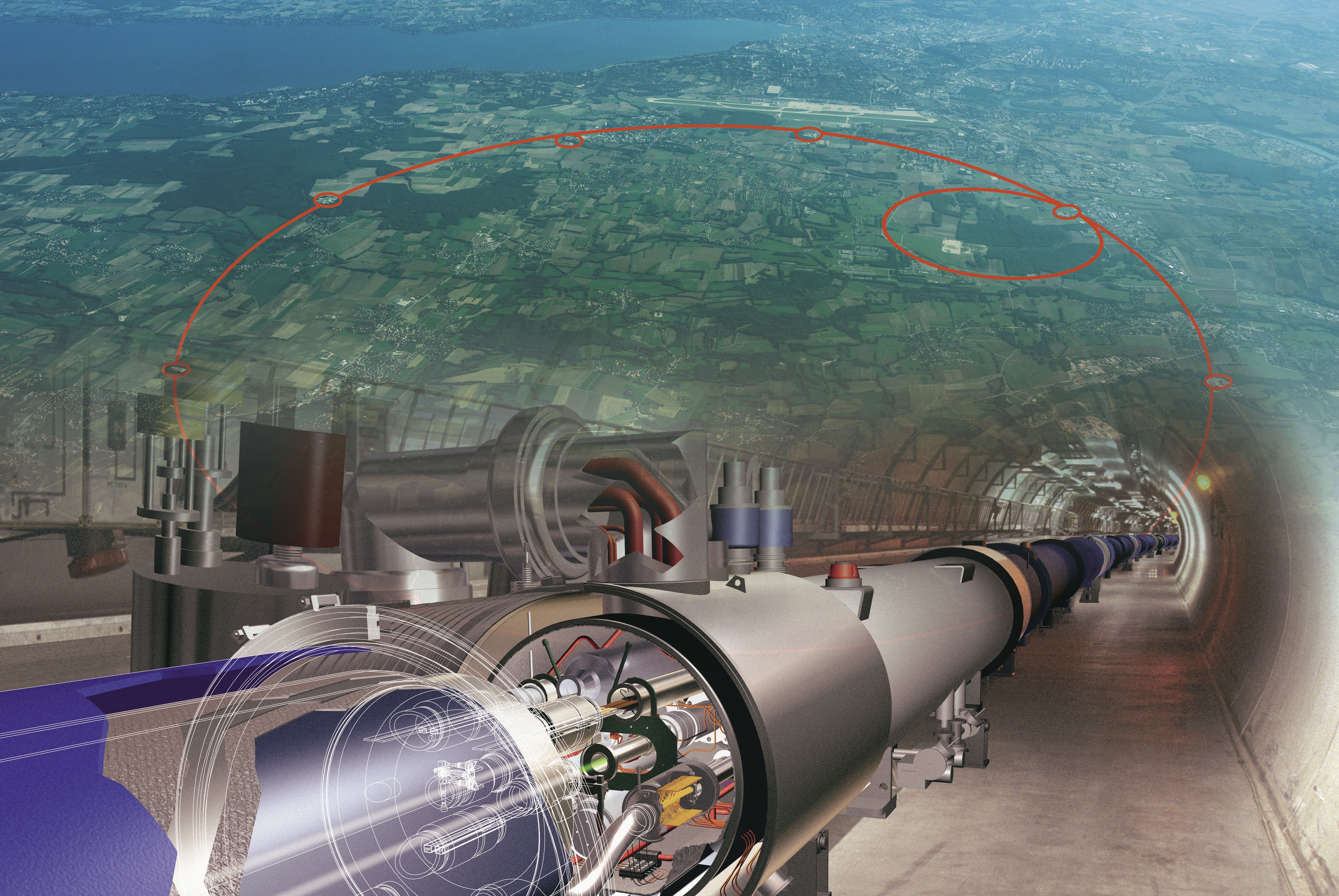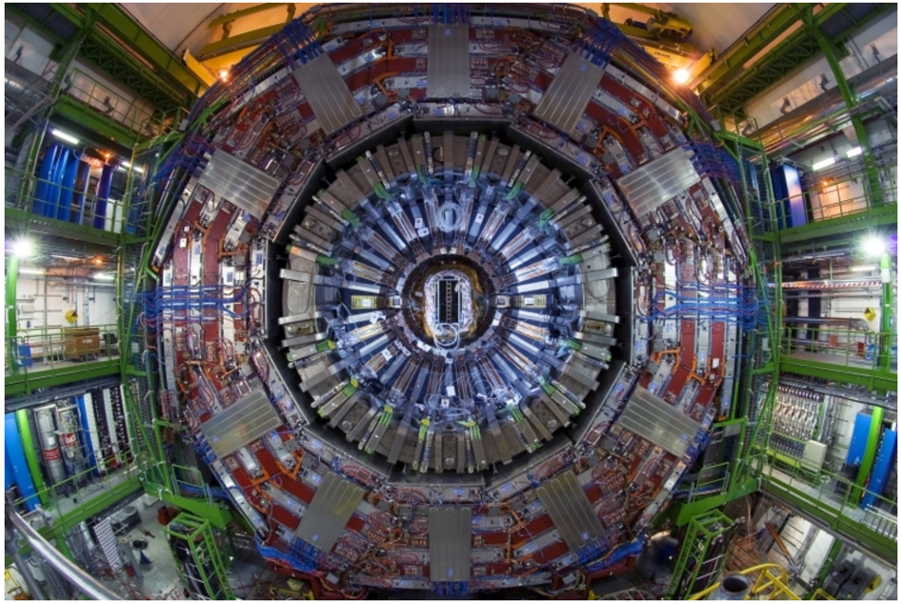
CMS is one of two general-purpose experiments at CERN's Large Hadron Collider (LHC) that have been built to search for new physics. CMS is designed to detect a wide range of particles and phenomena produced in the LHC's high-energy proton-proton and heavy-ion collisions.
At CMS, scientists are looking into the unknown and trying to answer the most fundamental questions about our Universe, for example: "What is the Universe really made of and what forces act within it?" and "What gives everything substance?".
CMS will also measure the properties of well-known particles with unprecedented precision and be on the lookout for completely new, unpredicted phenomena. Such research not only increases our understanding but may eventually spark new technologies that change the world we live in.
The CMS experiment is one of the largest international scientific collaborations in history, involving 4300 particle physicists, engineers, technicians, students and support staff from 179 universities and institutes in 41 countries.
Links
- Log in to post comments

